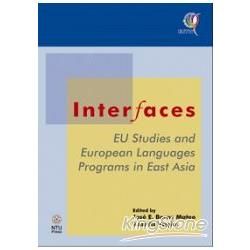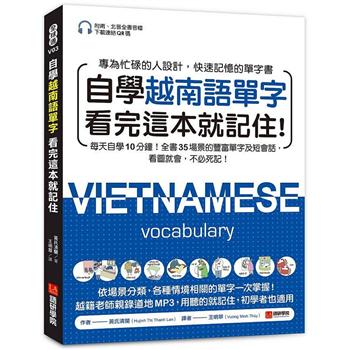Partly due to the European Union's insistent and successful policies on pluriculturalism and plurilinguism, there have recently been voices challenging the prevalent and practical consensus in East Asian educational policies that saw English as the only tool for international communication. Their argument emphasizes that when dealing with countries that are sellers of goods and services, knowledge of the languages and cultures of prospective customers is essential. They also acknowledge the strong correlation between economic and political power and the extensive study of foreign languages.
This book takes a stand on important aspects of this multifaceted argument. The first part addresses the meaning of European Studies, an issue of great relevance now that Europe, in sharp contrast to East Asia, is experiencing a severe economic recession. The second part presents formulas that have been employed by institutions in East Asia in attempting to satisfy the needs of students and scholars for advanced knowledge of European languages as they strive for answers to their research questions on Europe. The final part deals with the difficult issue of linking the syllabuses of European Studies and foreign languages.
The consensus that emerges from the scholars contributing to this book points towards rejecting the addition of large scale resources for the creation of successful programs in outstanding universities. Instead, it seems preferable to maximize existing resources by creating conditions that allow ad-hoc cross campus cooperation, and foster mobility of students through exchange programs so that they can have their own European experience.
作者簡介 Contributors
Hungdah Su is Professor & Jean Monnet Chair of the Department of Political Science College of Social Sciences at National Taiwan University. He is also Director General of the European Union Centre in Taiwan.
Hans Werner Hess is Professor of European Studies and one of two Programme Coordinators of the European Studies programme at Hong Kong Baptist University. His research areas include E-learning / Blended Learning, European Studies curriculum development and issues of European history relevant for Asian students.
Aleksandar Pavkovic is Associate Professor of politics at Macquarie University, Sydney, Australia. He has served as coordinator of the Master of European Studies at the University of Macau, Director of the Centre for Slavonic and East European Studies and Program Director of the Bachelor of European Studies at Macquarie University.
Roland Vogt is Assistant Professor of European Studies in the European Studies Programme, School of Modern Languages and Cultures, at the University of Hong Kong. His research interests are European diplomacy and foreign policy, Sino-European relations, political leadership, and value contestation in Europe.
Jose Eugenio Borao Mateo is Professor of Span ish Language and Spanish Culture in the Department of Foreign Languages and Literatures at National Taiwan University, where he has served as coordinator of the European Languages Division, of the Department of Foreign Languages. His areas of research focus on the historical relations between China & Taiwan and Spain.
Wai Meng Chan is Associate Professor and Director of the Centre for Language Studies at the National University of Singapore. His research currently focuses on learner autonomy, metacognition, language learning motivation, and the application of new technologies in language learning.
Andrew E. Finch is Professor of English Education in the School of Education at Kyungpook National University, in the Republic of Korea. His research interests include heritage language learning, language teaching as education of the whole person, the non-threatening learning environment, and task-based supplementation of textbooks.
Chung Heng Shen is Assistant Professor in the Department of French, Faculty of Foreign Languages, Fu Jen Catholic University, in Taiwan, Republic of China. His major research interests are European Union integration, European citizenship, language and identity, French government and politics.
Yi-De Liu is Associate Professor at the Graduate Institute of European Cultures and Tourism, National Taiwan Normal University, Taiwan. His research interests and reaching expertise include cultural tourism management, European heritage tourism, European cultural events and European cultural policies.
Vassilis Vagios is Associate Professor of Classical Greek in the Department of Foreign Languages and Literatures at National Taiwan University. His research focuses on functional linguistics and its application for interpreting literature.

 共
共 










